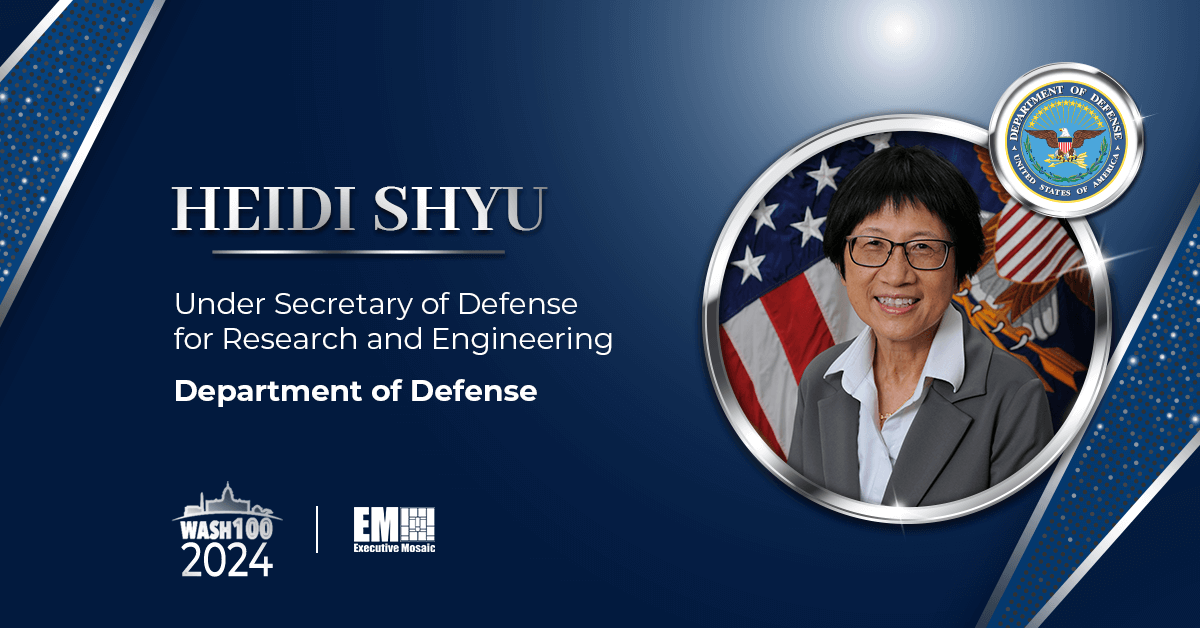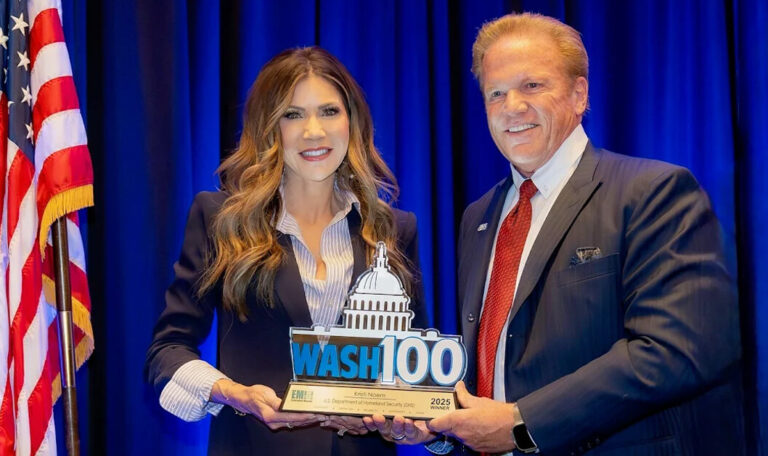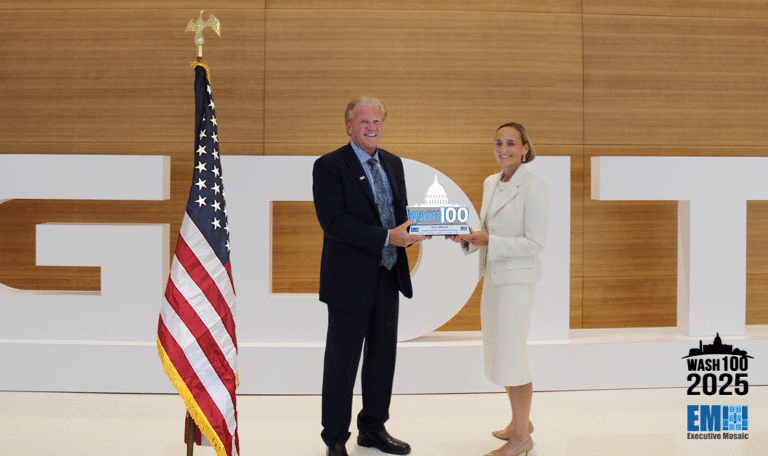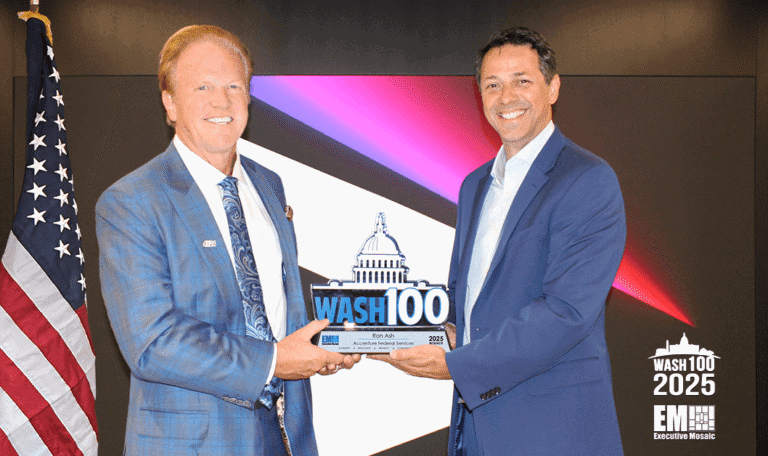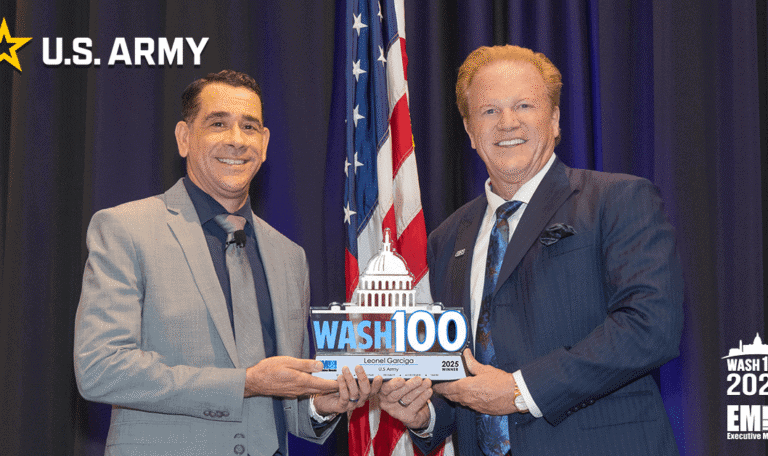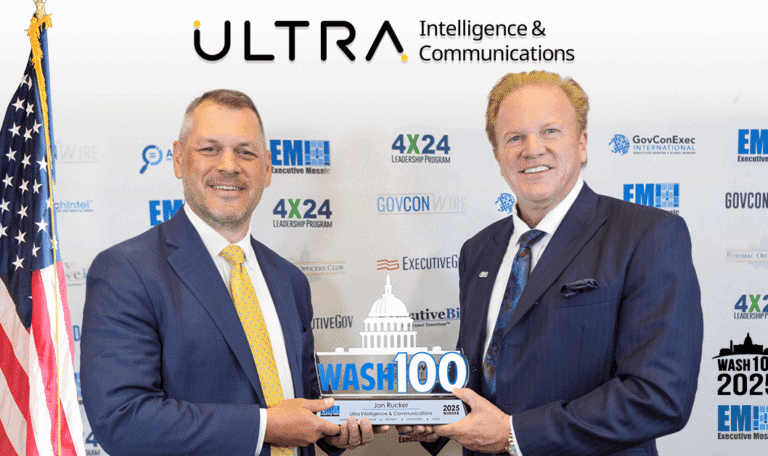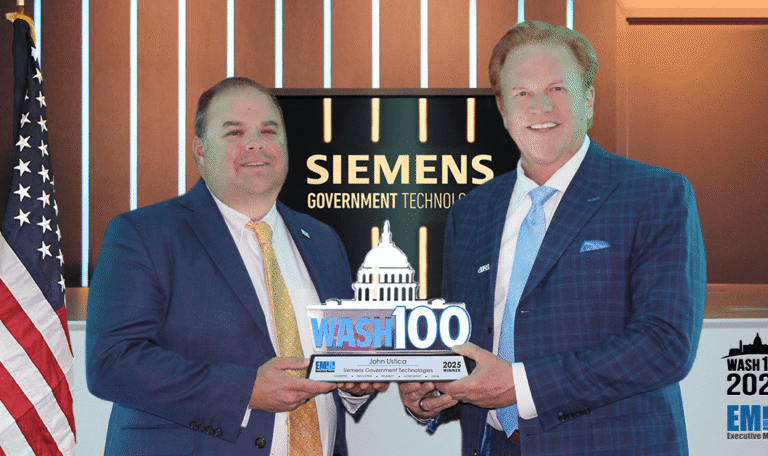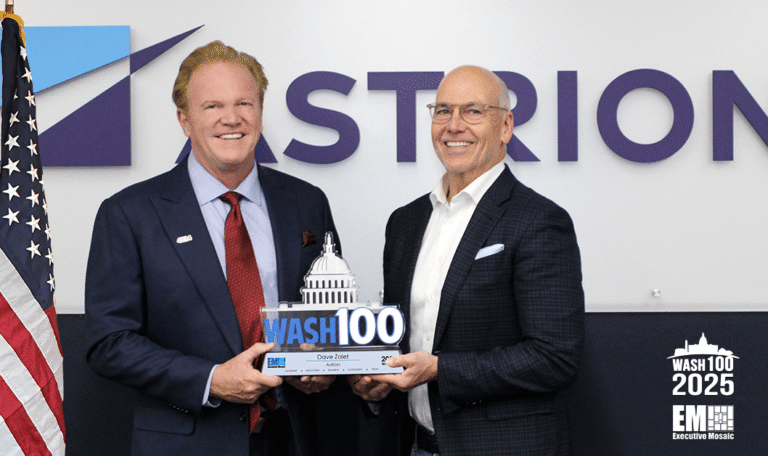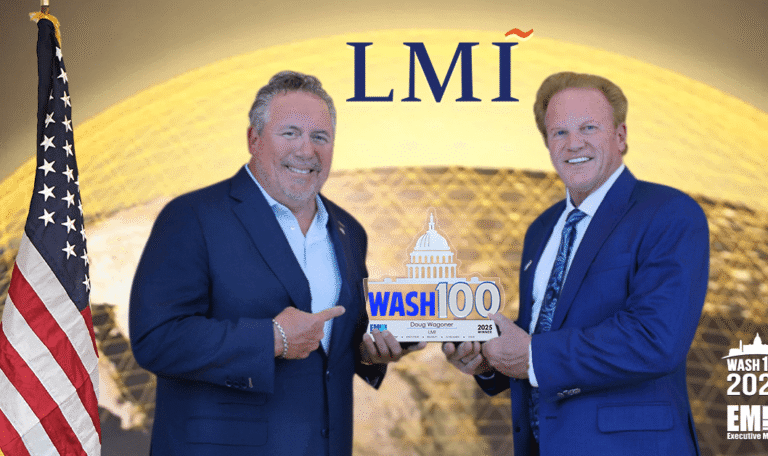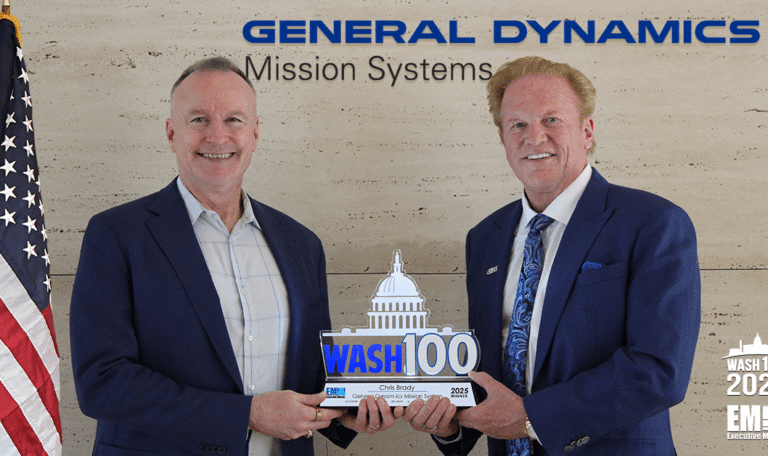Under Secretary of Defense for Research and Engineering Heidi Shyu has secured her fourth Wash100 Award from Executive Mosaic for driving innovation through greater government-industry-academia collaboration in emerging and critical defense technology development.
Vote for Shyu as one of your 10 favorite government industry leaders at Wash100.com. The Popular Vote Competition of the 2024 Wash100 Award runs through April 30, 2024.
“Heidi’s unwavering support for technological defense innovation is not just admirable, it’s essential. Her ability to streamline processes and accelerate technology adoption ensures our national security relies on the best possible tools and capabilities,” said Jim Garrettson, CEO of Executive Mosaic and founder of the iconic Wash100 Award. “She is an invaluable leader who recognizes the strategic imperative of harnessing the ingenuity of emerging tech players. Her vision and decisive action will ensure the Department of Defense remains at the forefront of technological advancement, safeguarding our nation for generations to come.”
Shyu spent the past year reiterating OUSD R&E’s strategy of harnessing not only the capabilities of their team but also the knowledge of academic institutions and the resources of commercial organizations and foreign allies. She also noted their investments in small businesses and startup companies “so good ideas don’t languish” while they are able to help such enterprises thrive.
“Successful competition requires imagining our military capability as an ever-evolving collective, not a static inventory of weapons in development or sustainment,” she said.
Shyu, who will be one of the speakers at the Potomac Officers Club’s 10th Annual Defense R&D Summit on Jan. 31, emphasized the significance of hypersonic weapons, space assets and other novel capabilities in the current landscape of warfighting domains.
She called for stronger partnerships among the U.S. government, private sector and academia to develop hypersonics that can rival that of adversaries such as China and Russia, and underscored the importance of investing in experts and well-trained personnel to create and maintain programs for such weapons.
“Hypersonic weapons are the next generation of game-changing weapons. They are fast, maneuverable, and can deliver devastating payloads. China and Russia have already invested heavily in hypersonic weapons, and we need to do the same to maintain our technological edge,” she told virtual participants of a hypersonics-focused event sponsored by RTX.
“We need to make sure that we have the best and brightest minds working on our hypersonic challenges… We need to be more nimble and agile in working with industry…We need to do a better job of understanding the needs of the warfighter and to deliver the capabilities that they need,” she continued.
When the DOD commenced the first round of Rapid Defense Experimentation Reserve prototype tests for 2023, Shyu was quick to elaborate on the three sprints OUSD R&E kicked off for joint command and control and resilient communications. The first sprint involved the participation of the U.K. and Australian governments, as well as preparations for the Northern Edge training exercises.
“We’re going to be off and running, literally demonstrating these prototypes in a contested environment. So it… can’t just work in a lab. It’s got to work in a real environment. And that’s exactly what we’re focusing on,” she stated at the time.
In June, Shyu signed the Policy for Risk-Based Security Reviews of Fundamental Research, which requires investigation of potential conflict-of-interest and conflict-of-commitment in R&D projects vying for contract awards. The following month, DOD released a list of foreign entities found to have unfair influence on studies backed by the agency.
“Protecting and maintaining the integrity of our research enterprise is integral to national security,” according to a statement from Shyu. “The publication of these foreign entities underscores our commitment to ensuring the responsible use of federal research funding and safeguarding our critical technologies from exploitation or compromise.”
Also in July, Shyu divided the responsibilities of their chief technology officer among three deputy assistant secretaries to increase focus on the office’s individual specializations.
The changes led to the appointment of Steven Wax for science and technology, Maynard Holliday for critical technologies and Thomas Browning for mission capabilities.
“The establishment of these roles within Research & Engineering better positions our team to execute upon our mission of preserving our nation’s technological edge, now and into the future,” Shyu commented.
Under her leadership, a 27-member external panel endorsed OUSD R&E’s Microelectronics Quantifiable Assurance initiative as a vital component in DOD’s risk management process for the commercial microelectronics supply chain. The quantifiable assurance approach was identified as one of three quality assurance overlays, along with the Trusted Foundry intellectual property policy for classified microelectronics and the International Traffic in Arms Regulations/Export Administration Regulations.
“The work of the independent panel – confirming what we need in the Department of Defense and what areas present opportunities, and gaps, for mitigation – has been an essential part in the overall Microelectronics Quantifiable Assurance effort and will inform evolving standards such as the Department of Defense Manual 5200 series,” she remarked.
Heidi Shyu, under secretary of defense for research and engineering, is a force for progress in warfighter technology innovation. Executive Mosaic is honored to include her in the 2024 Wash100 roster of exemplary government contracting leaders.
Vote for Shyu at Wash100.com.


